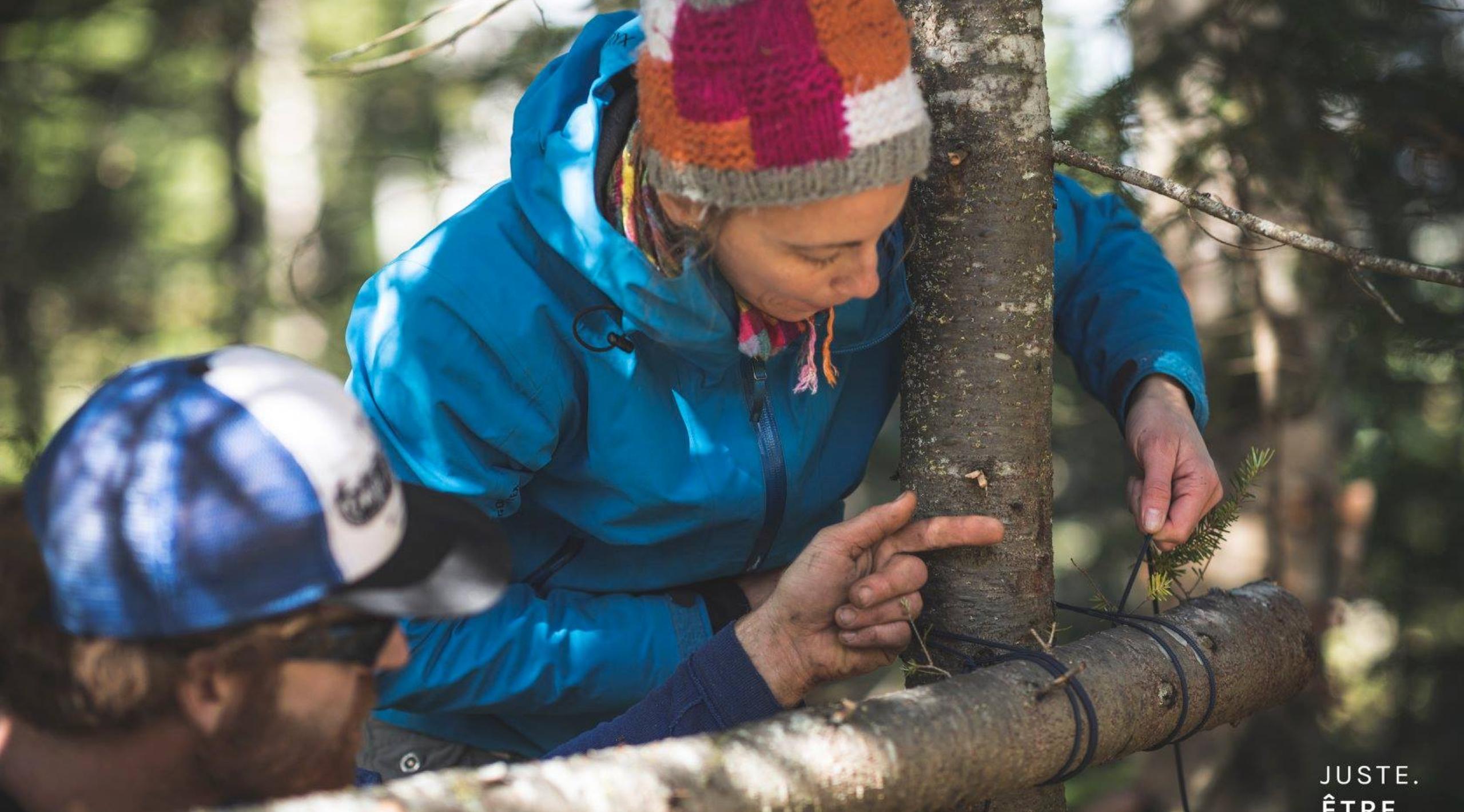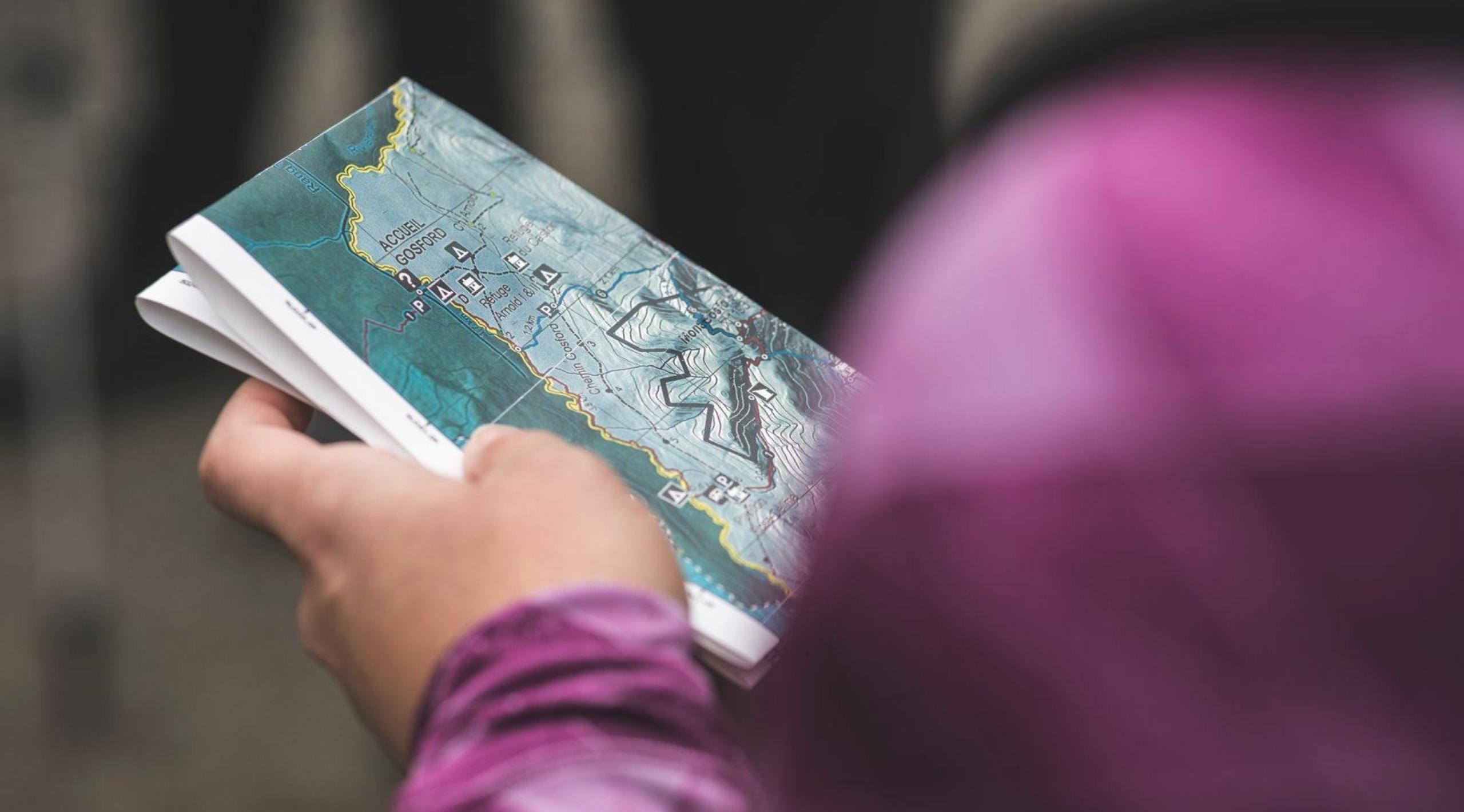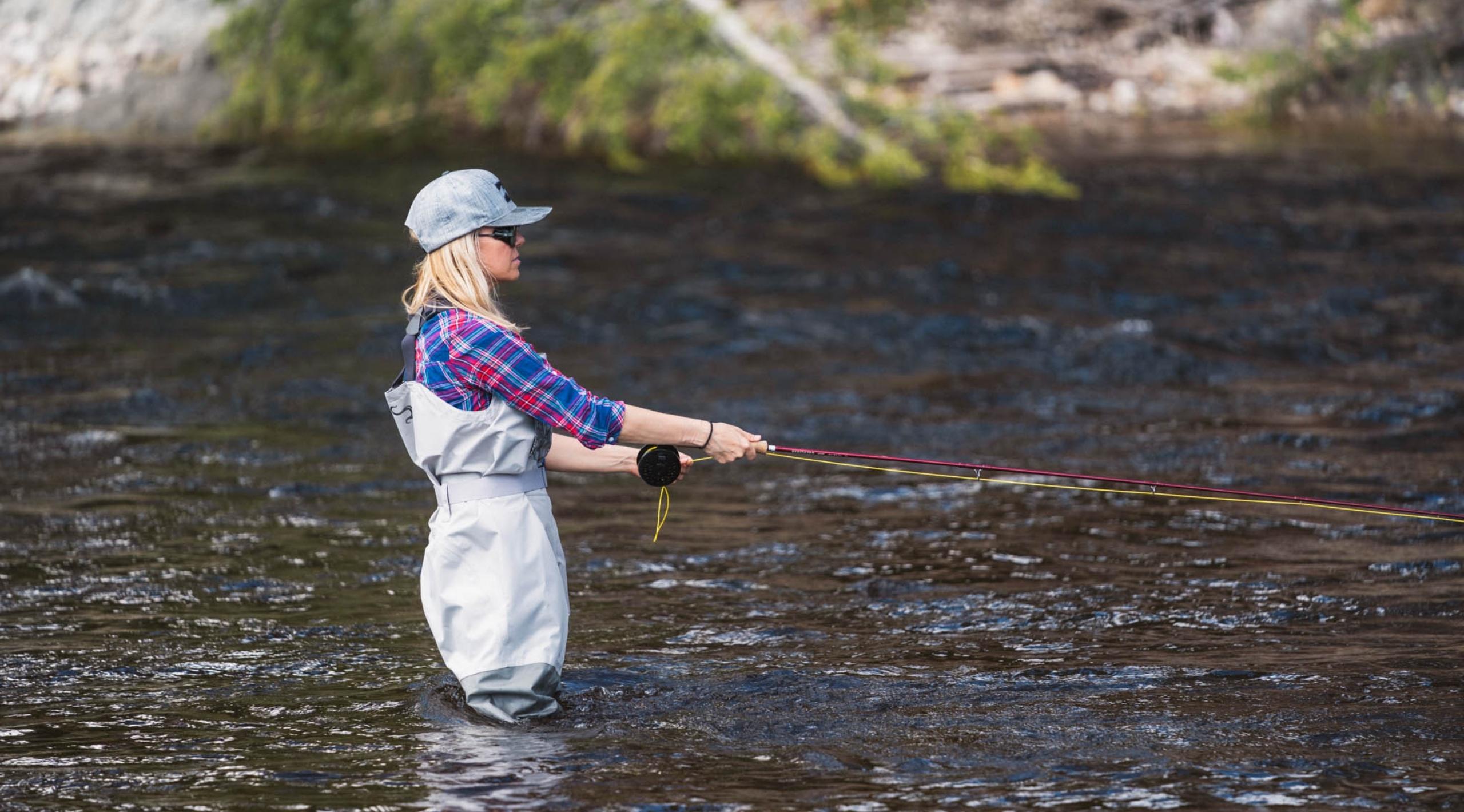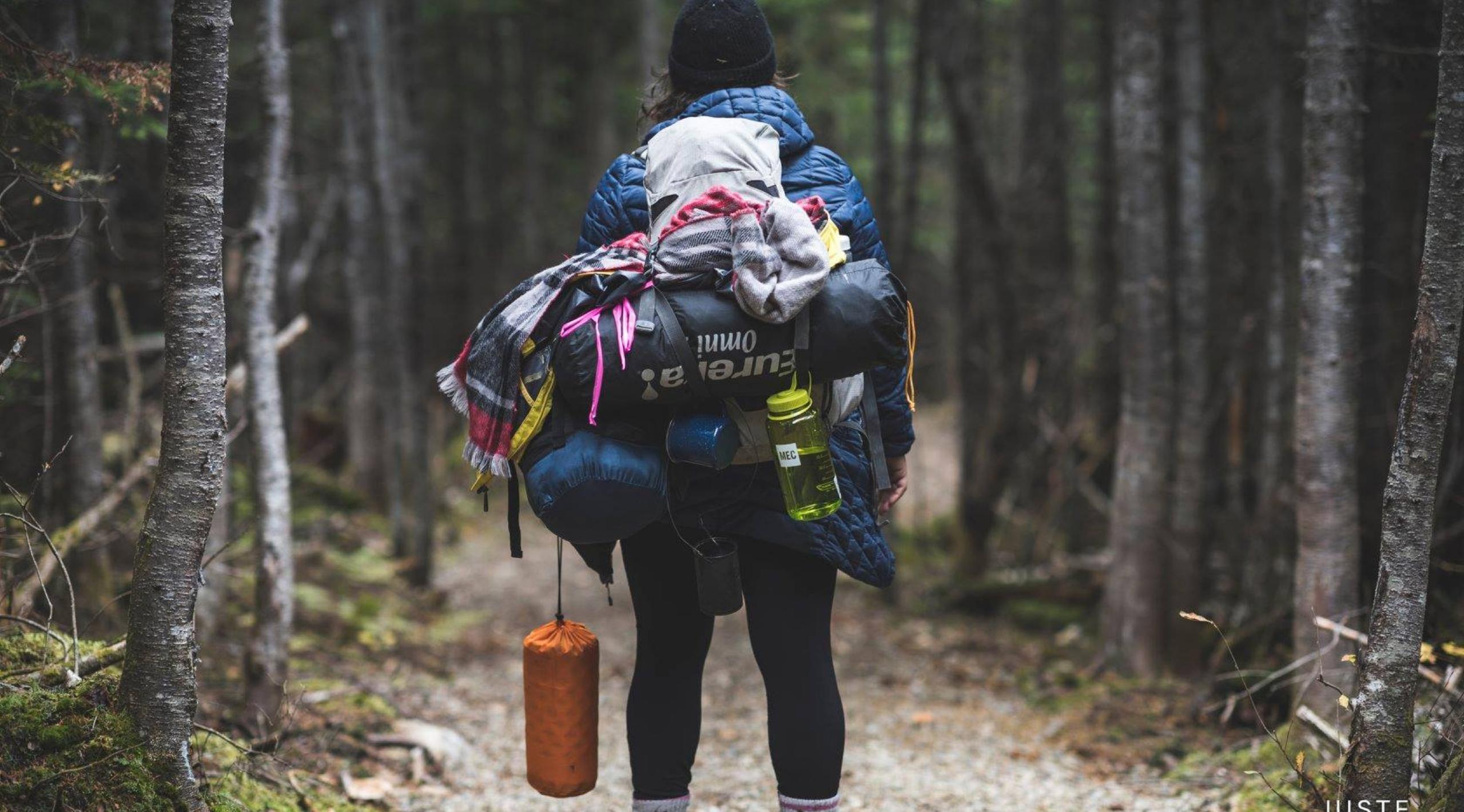.jpg)

Summer is a GREAT time to start exploring, and to prepare for fall and winter adventures. Here are my tips and tricks to explore and discover new places without getting too lost (I'm warning you already, it's impossible, it's going to happen) and having the most success possible. Be careful, success is relative to your expectations ;)

We don't always think about it, but orientation and survival are not inborn in everyone. If you want to go in search of the best spot, you have to know how to get back home. You also have to know that you might have to spend a night outside, sometimes in cold weather.
Here are the trainings that I have taken and that I recommend.
Chèvres training on my bucketlist:
Other trainings very practical but, not classified as essential for early exploration

To orient myself I mainly use Maps.me and Gaia. Topo Canada and Google are also available. Often, when I get used to a new application, I use more than one at a time to learn how to use it well. However, those who know me know that I practically swear by Maps.me, and the good old duo: laminated paper map and compass.

To get inspiration on destinations and activities to try, I really enjoy reading personal blogs of explorers. You can often find a lot of constructive comments and advice in this kind of post. I also listen to adventure documentaries on a regular basis!
Otherwise, on the practical side in winter, the Estski website and community offers a lot of information on touring spots in Quebec, in addition to having a very interesting blog section.
Typically and when I don't go too far from home, I choose my adventure spot the day before departure and I study it a little bit. To choose where I will go, I go with what I have heard, read, seen from afar.

To start your exploration career, you don't have to go to the other side of the world. It can be as simple as deciding to cut through the woods between two marked trails or skintraks, or even going to an unfamiliar marked area (with at least two people to start with, just to stay safe).
Obviously, the more an exploration plan resembles our predictions, the more we can push the limits of future explorations. All this while gaining confidence, further and further off the beaten track. This plan, we learn to prepare it with different trainings, it includes at the base our arrival point at destination, the necessary time required and the final energy we expect to have at the arrival (which should not be at zero!).
There are a ton of blog posts about the equipment needed for different sports, activities and adventures on the internet. Personally, I advise you to be "essentialist" in your predictions, that is to say to privilege the equipment that will be useful in case of problem. I always leave thinking that I might spend the night outside, or have to do a rescue in a remote area. Don't worry, it has never happened yet for the night, but for the rescue yes (!). So, the equipment is important, we can't repeat it enough.

Even when you are extremely well prepared, you will encounter surprises. Likely scenarios: finding yourself walking through the thickest bushes of your life, walking through swamps, spending entire days with nothing fun to do, having small talk like "I told you so", "I'm sure it's this way", "we should have", "why are we doing this", etc.
I've already talked about it in my post on fishing, a little bit of suffering allows you to really enjoy the pleasant unexpectedness of explorations. A ray of sunshine on a cold day, or a friend who thought to make a chai tea become unusual moments of happiness. No matter what the final goal is, the joys of exploration always surprise us!